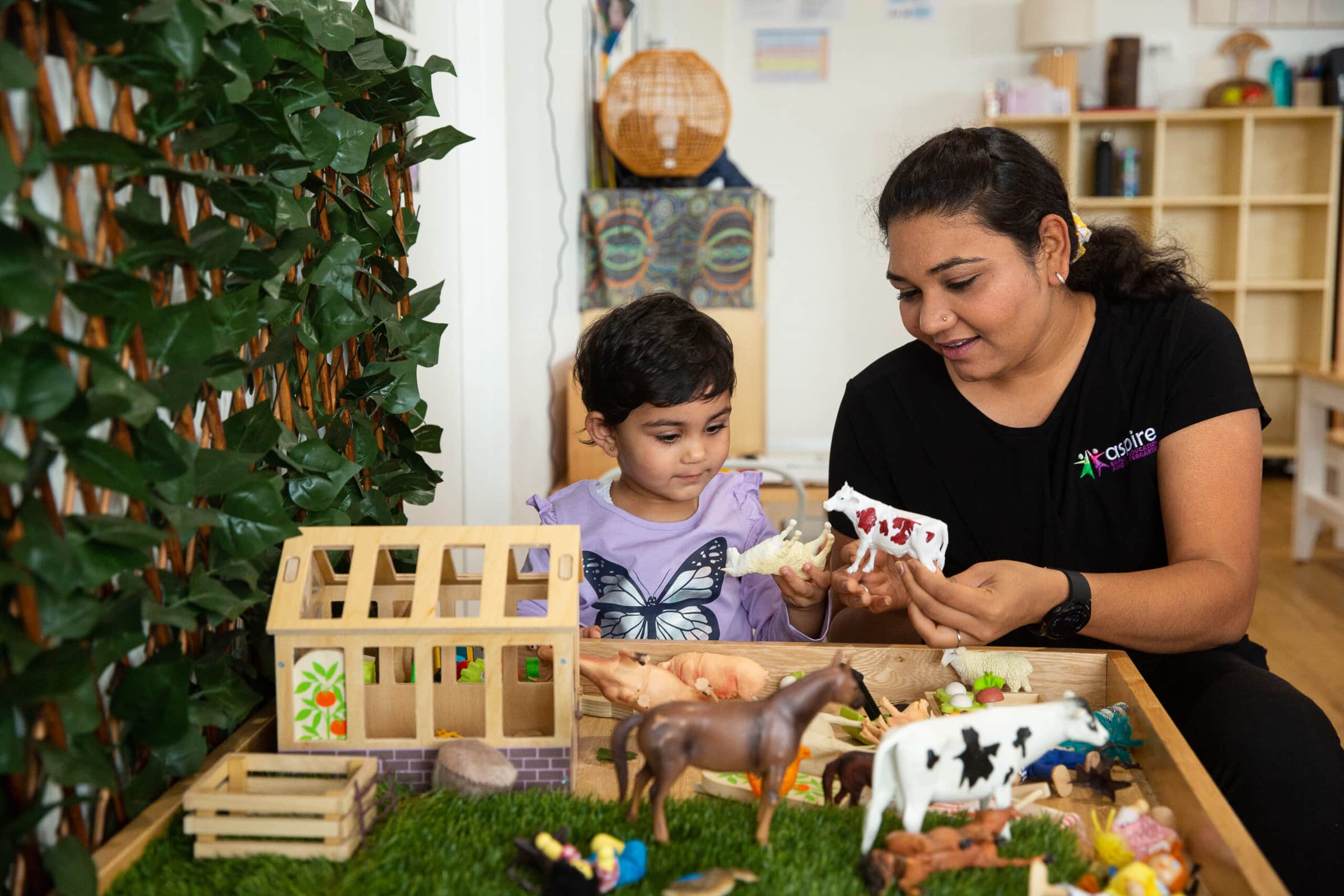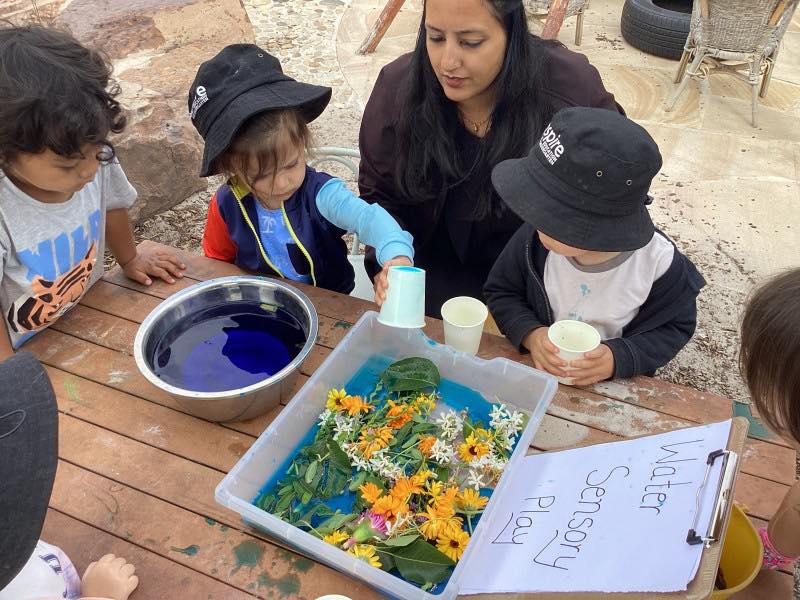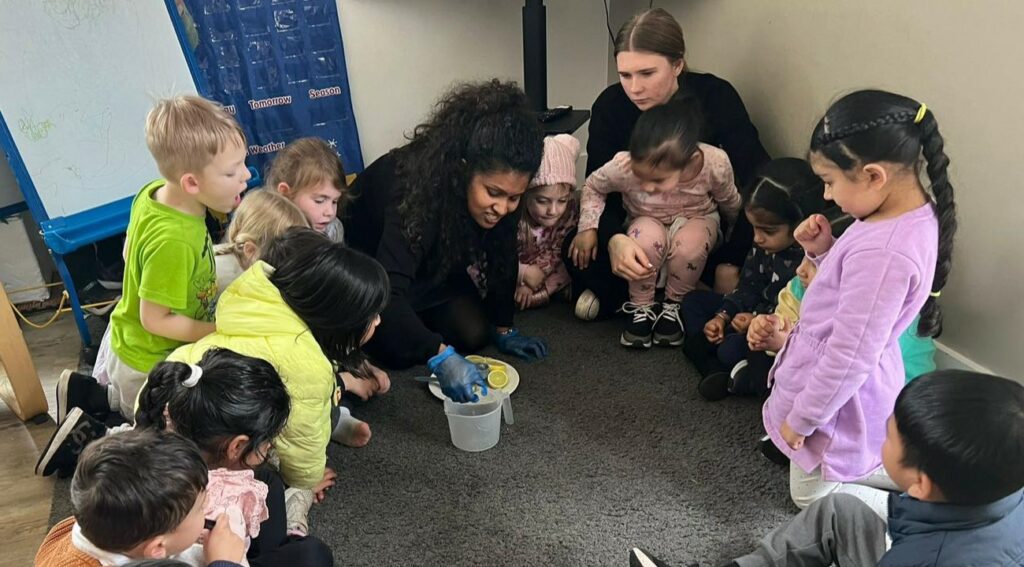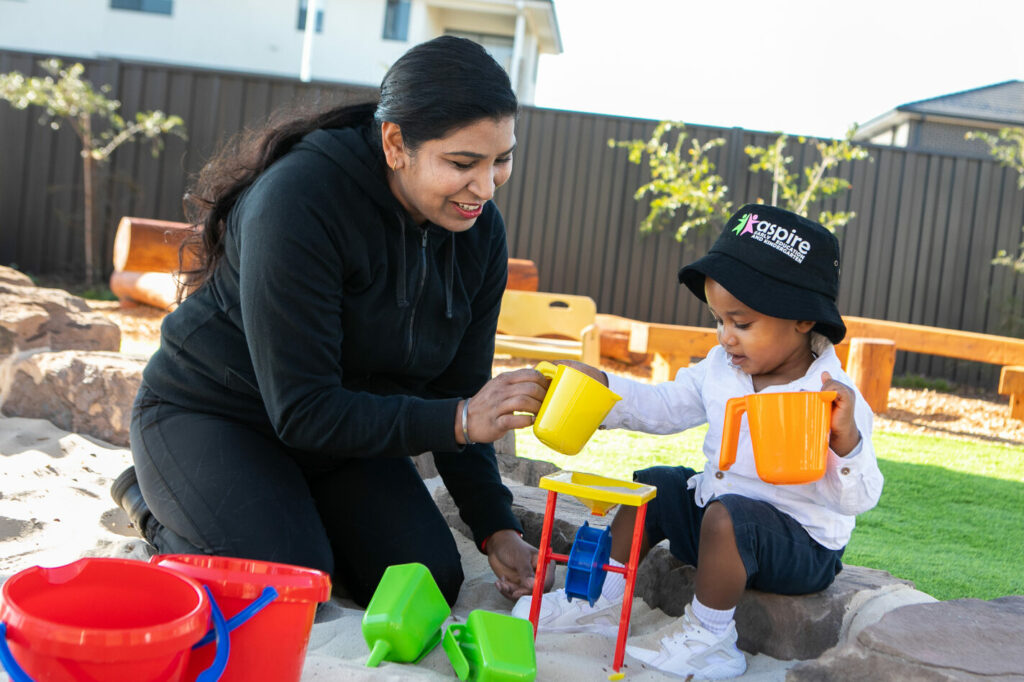The Importance of Play-Based Learning in Early Education


Play-based learning harnesses the natural inclination of children to explore, experiment, and imagine, transforming their learning experiences into dynamic and engaging adventures. It is an approach to education that embraces structured activities designed to stimulate curiosity, creativity, and critical thinking, all while having fun. Unlike traditional teaching methods that rely heavily on rote memorisation and passive learning, play-based learning encourages active participation and hands-on experiences, making learning enjoyable and meaningful for children. At its core, play-based pedagogy is guided by principles such as child-directed learning, open-ended exploration, scaffolding by educators, and integration of real-life contexts into play activities. These principles create a nurturing environment where children feel empowered to take ownership of their learning journey while receiving support and guidance as needed. Unlike traditional teaching methods, play-based learning emphasises experiential learning, creativity, and collaboration, rather than rote memorisation and standardised assessments.


Play-based learning plays a pivotal role in moulding children's development during their crucial early years. It serves as a foundation for holistic growth, nurturing cognitive, social, emotional, and physical development within a supportive environment. Integrating play-based activities across various subjects enriches the learning experience and accommodates diverse learning styles effectively. For example, educators can establish storytelling corners, puppet theatres, and letter recognition games to bolster language development. Alternatively, children can participate in counting games, pattern recognition activities, and shape sorting exercises to enhance their mathematical abilities. This is unlike traditional learning methods which involve passive learning, and may not captivate children's interest.
At Aspire Early Education & Kindergarten, play-based learning lies at the heart of our curriculum, shaping every aspect of the educational experience. Our classrooms are designed to stimulate exploration, creativity, and collaboration, with dedicated play areas and learning corners tailored to different age groups and interests. Through a combination of structured play activities, hands-on experiences, and teacher-led interventions, we create a nurturing environment where children thrive academically, socially, and emotionally.
Our Little Learners Toddler Programs are carefully designed to support children in reaching important developmental milestones while fostering a strong sense of self. Through engaging activities such as the Hey Dee Ho Music Program, specialised sports sessions, and regular yoga classes, toddlers enhance their listening skills, physical development, and problem-solving abilities. These experiences not only encourage children to interact with their surroundings but also lay the groundwork for more structured learning in the future. Our play-based approach creates a fun and stimulating environment where young minds can flourish in safety.

In our 3 and 4-year-old Kindergarten Programs, we offer a diverse range of environments to stimulate cognitive function and social skills through peer interaction and play. In addition to regular activities, we provide exciting learning opportunities such as excursions, special programs, and guest speakers tailored to the interests of our children. These experiences further enrich their educational journey, helping them grow into curious, confident learners ready to tackle the world.
We are passionate about supporting your child in their play-based learning. Learn more about our education programs here.